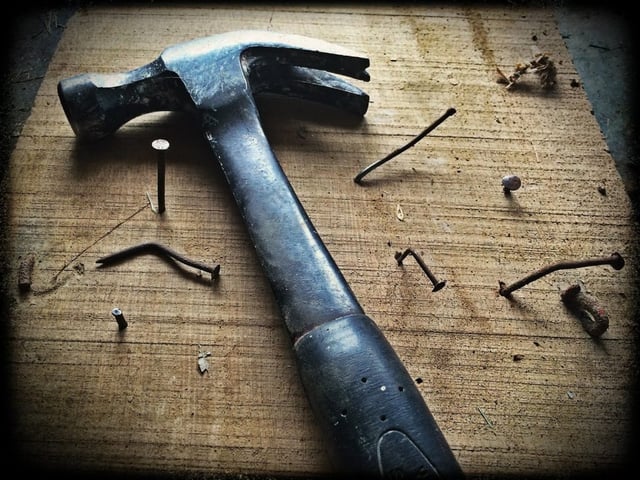Written by Bob Deutsch, CTA
Following on from last week's post I thought I might tackle the problematic area of deductions in respect of repairs to investment properties.
In this context, it is critical to distinguish between:
- ongoing repairs, which are deductible;
- initial repairs, which are not deductible; and
- improvements, which are not deductible.
If the amount in question falls into the category of initial repairs or improvements, the amount in question is not deductible, but, it would be considered as expenditure that may qualify for depreciation purposes, capital works purposes, or as part of the cost base for CGT purposes.
An amount of expenditure would constitute initial repairs if the asset was in disrepair at the time of its acquisition, and before letting out the property the owner carried out the repairs.
The way to get around this problem, might be to have the repairs done by the vendor before transfer, and an appropriate adjustment made to the purchase price which was otherwise agreed.
By contrast, improvements go further, in that they fundamentally change in some meaningful way, that which previously existed, rather than maintaining and merely repairing that which previously existed. Extensive landscaping, or adding a deck to a property would ordinarily constitute an improvement. To put it another way, if what has occurred is more than merely restoring what previously existed to its original condition, it is likely to be treated as an improvement and therefore not deductible.
In trying to evaluate whether an amount of expenditure is an improvement, consider the following two issues in particular:
- Does the expenditure give rise to a material increase in the efficiency in the functioning of the property?
- Does the expenditure give rise to a material increase in the value of the asset?
If the answer to either of these is yes, it is likely that there is a capital improvement which is not deductible.
Some important cases where taxpayers have been held to effect an improvement rather than a repair include:
- The replacement of a dilapidated ceiling with an entirely new and better ceiling;
- The replacement of a rotten wooden floor with a better, longer lasting, and more moisture resistant concrete floor; and
- The replacement of cupboards as part of the refurbishment of an entire kitchen. Clearly, this is an area that causes much confusion and compliance can be problematic.
Taxpayers need to be careful to ask the right questions and ensure their answers are properly considered with a reasonable degree of objectivity.
For those of you interested in philosophy, there is a paradox discussed by the ancient philosophers Heraclitus and Plato and more recently by Thomas Hobbes and John Locke, usually referred to as the Theseus paradox which goes along the following lines:
Suppose the famous ship sailed by Theseus in a great battle has been kept in a harbour as a museum piece. As the years go by some of the wooden parts begin to rot and are replaced by new ones. After a century, all the parts have been replaced. Is the restored ship still the same object as the original?
In another version called the “grandfather's axe" both head and handle are replaced and a similar question arises.
Both are forerunners to the tax question “when does a repair become an improvement?" In the Theseus paradox each replaced piece of wood is arguably a repair, but the totality is unquestionably an improvement.
What would the Income Tax Assessment Act do with the Theseus paradox or the Grandfather's Axe?
And they say tax is boring!
Members, as always I welcome your thoughts via the TaxVine Feedback inbox.









